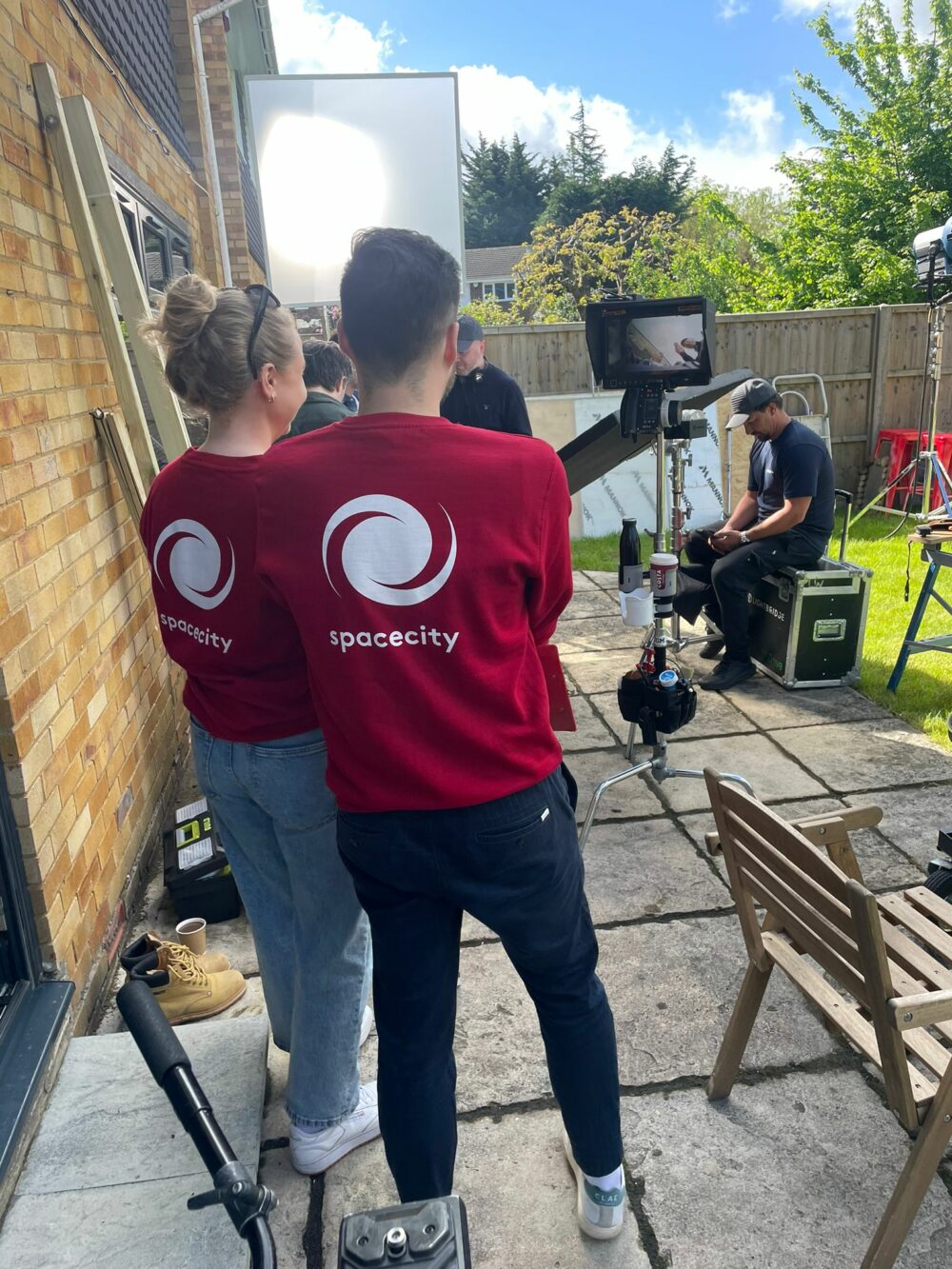ROI is a staple of all business entities through all its faculties, with advertising though there are more organic means to foster sales success and savings.
Although the generic costs of advertising: display, media buying and creative costs are ultimately variable to your individual business prerogative, there are more cognitive means of generating brand awareness, resonation and sales that need not cost you more.
By using not only the power of language, but the power of associations, influencers and social issues your business can transcend itself into seldom seen fiscal buoyancy.
One means of generating increased ROI through the optimisation of your creative, is to focus on the proliferation of your reach through efficacious, post-TV associations.
For instance by utilising TV in the first place as your means of increasing the reach of your business, notwithstanding the inherent trust TV inhabits, you are automatically boosting both your instant sales uplifts and long-term brand resonance.
By supplementing this already successful means of advertising your brand to cognitive associations, you can begin to establish more coherent brand correlation between the context of when the ad was broadcast and how it is communicated through word-of-mouth or online.
With word-of-mouth upscaling, an average of 53% of TV ads feature in conversations post-ad, with 26% of them also providing increased discourse online, it is the context of how your ad is portrayed in these instances that will be imperative to further growth and ROI.
If you are prioritising expanding your brand image as appose to instant sales, focusing on an entertaining angle to drive your creative will assist with resonation through word-of-mouth.

For example if your ad focuses on more hard-hitting material, something that is emotive in a sense it drives conversation and publicity through its contention, it would not be as successful when it is spread through word-of-mouth, due in part to the connotations someone may have with the time they were informed about the ad.
If someone who had viewed your ad on TV and later told friends during what one would hope to jovial times, their association with your brand will be a more negative one, as it stymied the humour of the conversation.
Therefore to establish success in this instance the imperative will be to boost online engagement, encouraging call-to-action mechanisms that will proliferate online, driving a moral campaign through online channels that will ultimately improve your ROI.
Of course humour is not redundant in these cases, it is buoyant within both online and word-of-mouth.
If your branded ad creative focuses on humour, driving brand resonation and sales success can be fraught, however if implemented utilising influencers who can embody the ethos of your message subjectively you can avoid the averse association that will not improve ROI.
The recent Pepsi advert epitomised this distinction.
While it was attempting to exploit the social furore around the Black Lives Matter movement, what was posed as mediative method of publicity ultimately lead to mass rejection and outrage.
What Pepsi should have done is embodied their approach through the product itself and an individual, not the personnel in the ad focusing on the divisive issue in the first place; the product should garner the power through use, not trivialising the issue through its rhetoric.
Ultimately the power should be placed with the consumers and the issue involved, empowering a campaign or movement should be the crux of the ad, not diffusing the situation through the support of the devil’s advocate.
By satirising the opposition as it were, you can proliferate your campaign’s ability to resonate through both word-of-mouth and online.
Ultimately though, as long as these connotations correlate with that of your brand ethos you will ensure optimal upscaling through the multiplier effect of TV.

Such subjective context will be miscarried if your campaign does not align with the metanarrative, or your means of communication is ambiguous.
Thus by discharging your advertising of this and forming a subjective context that will shape the perception of your brand in whatever guise you choose to use: humorous, professional, inspiring and aspirational, you will be able to optimise your ROI through the multiplier effect of TV.
Through mobilising current or ongoing issues or causes of contention, you can increase your chances of resonating with those you may not have targeted, with 70% of millennials stating they would buy products that championed causes.
As a result, as appose to utilising physical influencers as an alternative marketing source, you can become an influencer in yourself as a business due to attachment to something social, extricating yourself from a pure business prerogative.
More consumers engage with emotive content, something or a cause they personally resonate with, with ads that focus on emotive content enjoying up to 50% increases in optimal business effects compared to persuasive ads.
By allying these common techniques of boosting engagement, long-term affirmation and sales to the likely associations your consumers will have with your ad socially and when sharing with friends, you can create an entirely subjective means of attracting consumers to your business.
Space City has been producing TV, online and radio commercials for 25 years, ensuring that context and clarity was key as we provided the key to 600% business growth.
Contact the team now and utilise the experience of the UK’s most experienced TV commercial production to boost your ROI in 2017 and beyond.


